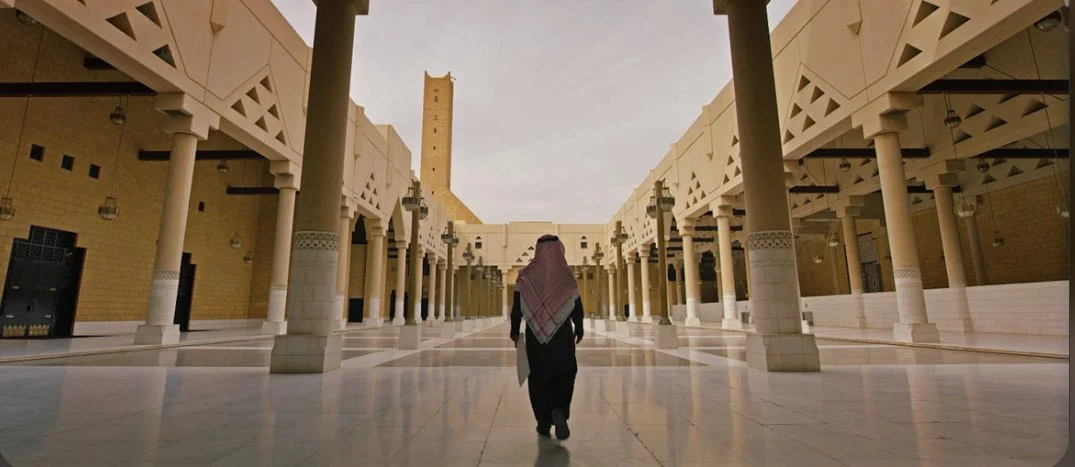The fate of last year’s Sundance-dumped “Jihad Rehab” has suddenly, for some reason, woken up Variety to reality.
Just to briefly sum up the controversy around this film, “Jihad Rehab” follows four Guantanamo Bay detainees as they struggle to re-enter society. Sundance had originally programmed it in their doc section only to pull it before it screened due to media complaints that a white woman shouldn’t be directing a film about Muslim culture, even though filmmaker Meg Smaker has made it a career to cover the Arab world.
Sundance actually apologized for showing the film last year. The New York Times had a piece about how dangerous the film was. It was all very embarrassing to witness.
Variety has a new story up today looking at how film festivals now avoid “problematic” films. I remember a time when film festivals were about free speech and rattling the status quo. Not anymore, at least not stateside. Venice and Cannes are still rattling some cages, but, I must admit, they have also sadly mellowed a bit in recent years.
Now, everything is being placed under a “microscope of scrutiny,” says veteran film finance attorney Marc Simon, who observes: “These are complicated times.”
“In fact, that quick-to-capitulate reflex underscores a new, unspoken modus operandi in which festivals — once the bastion of provocative, button-pushing fare — are desperate to avoid controversy and the wrath of any identity-focused Twitter mob.”
Controversial films are a part of film festival culture. Let’s just look at Cannes history. “Taxi Driver,” “Crash,” “Irreversible,” “Antichrist,” “Blue is the Warmest Color” and “Viridiana,” among many more, had all been vilified by the press after screening there.
Cannes has built a reputation over seven decades as one unafraid of controversy. The boos, heckles, and jeers from the audience have become a Cannes tradition. If there’s one festival that should remain fearless it’s this one because if it succumbs to the “mob” then a domino effect occurs and every other festival soon follows.
The topic doesn’t just end with the films themselves, but now the filmmakers as well. You will probably never again see a top-tier North American festival program films from Woody Allen and Roman Polanski. Not to mention films starring Johnny Depp, Mel Gibson, Kevin Spacey, Will Smith, and James Franco.
Of course, as previously mentioned, this mostly goes for North American fests such as Toronto, New York, Telluride and Sundance. Cannes and Venice still have some remaining edge to them, but they’ve also been trying to balance that fine line.





